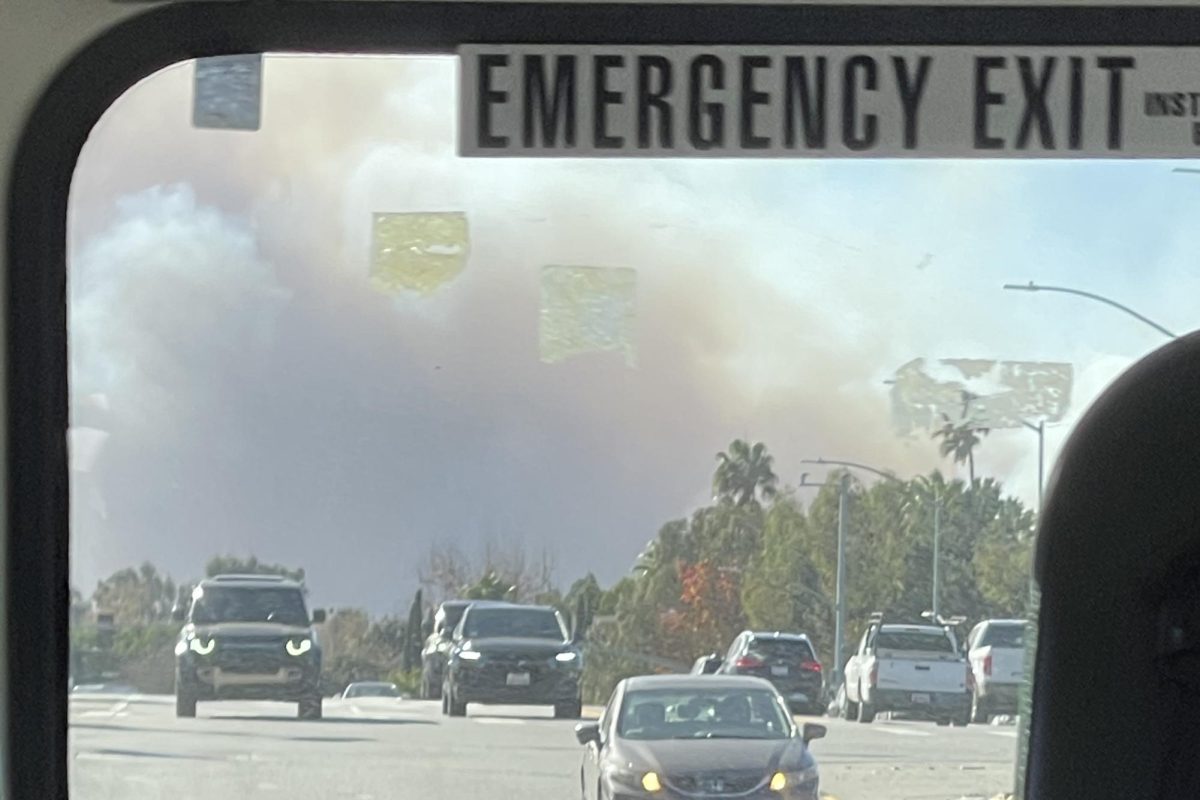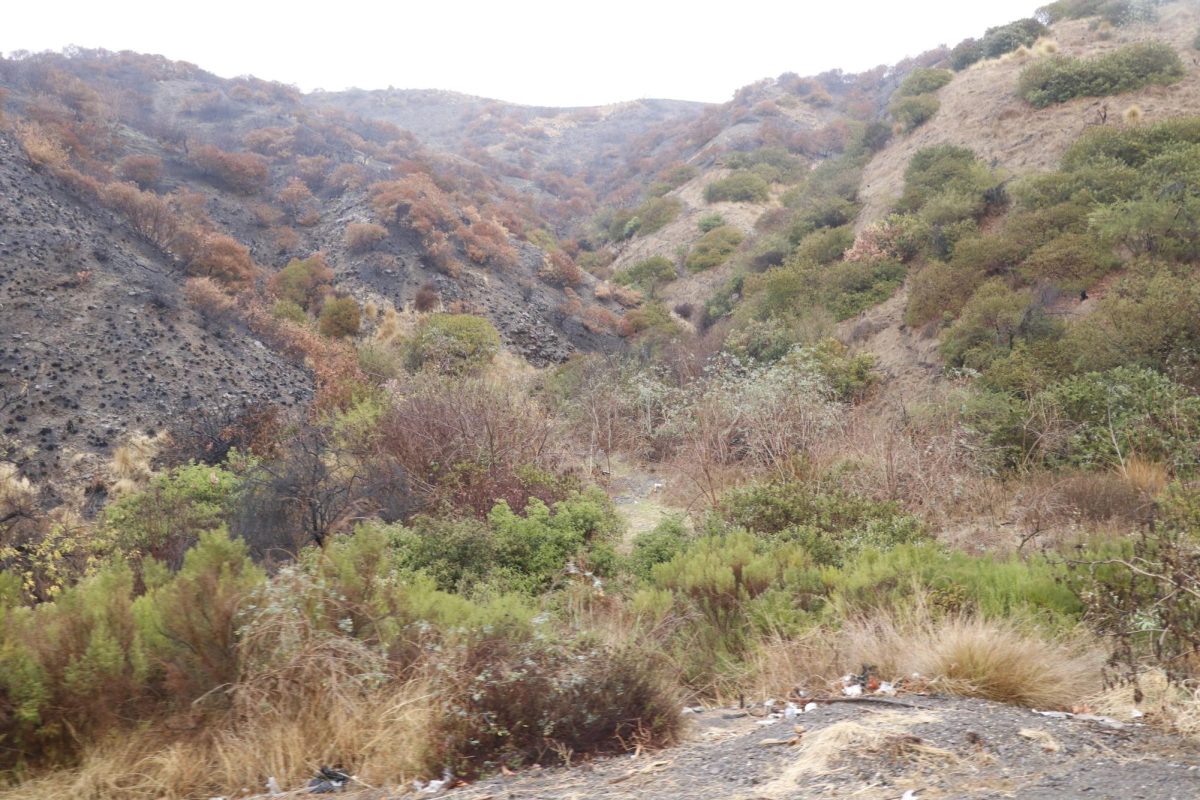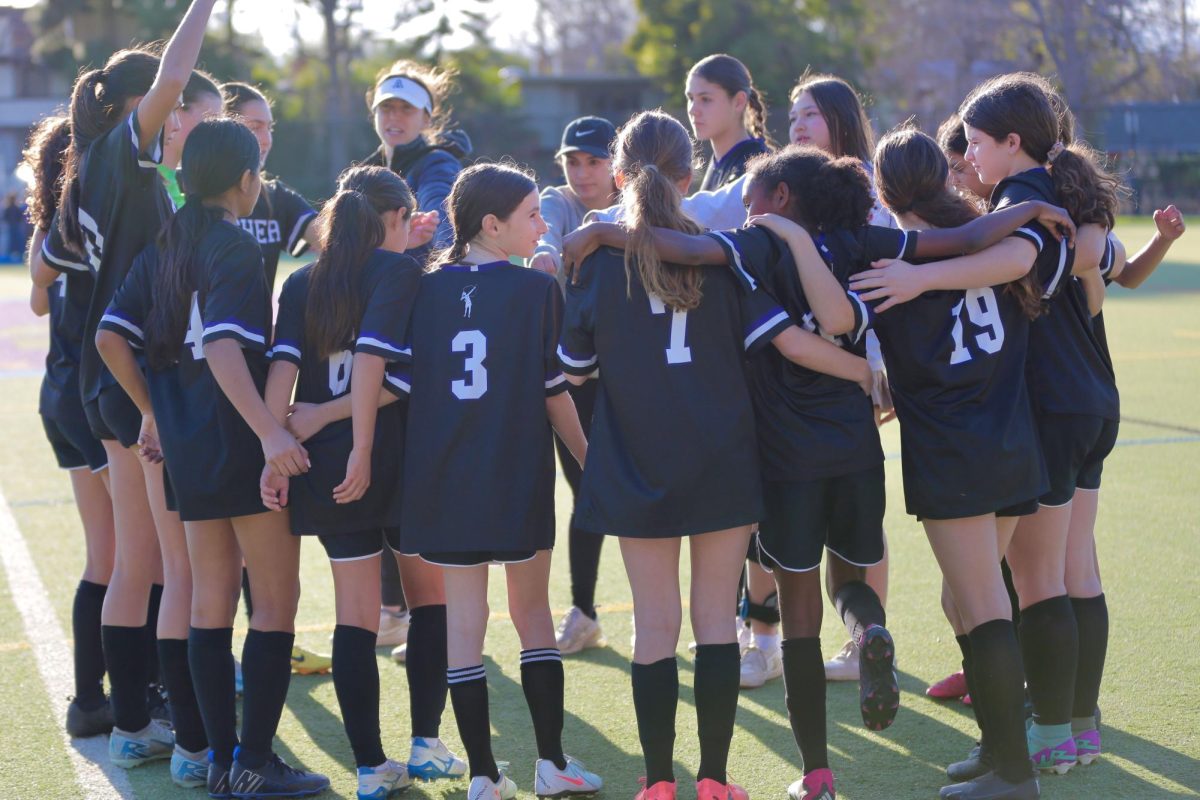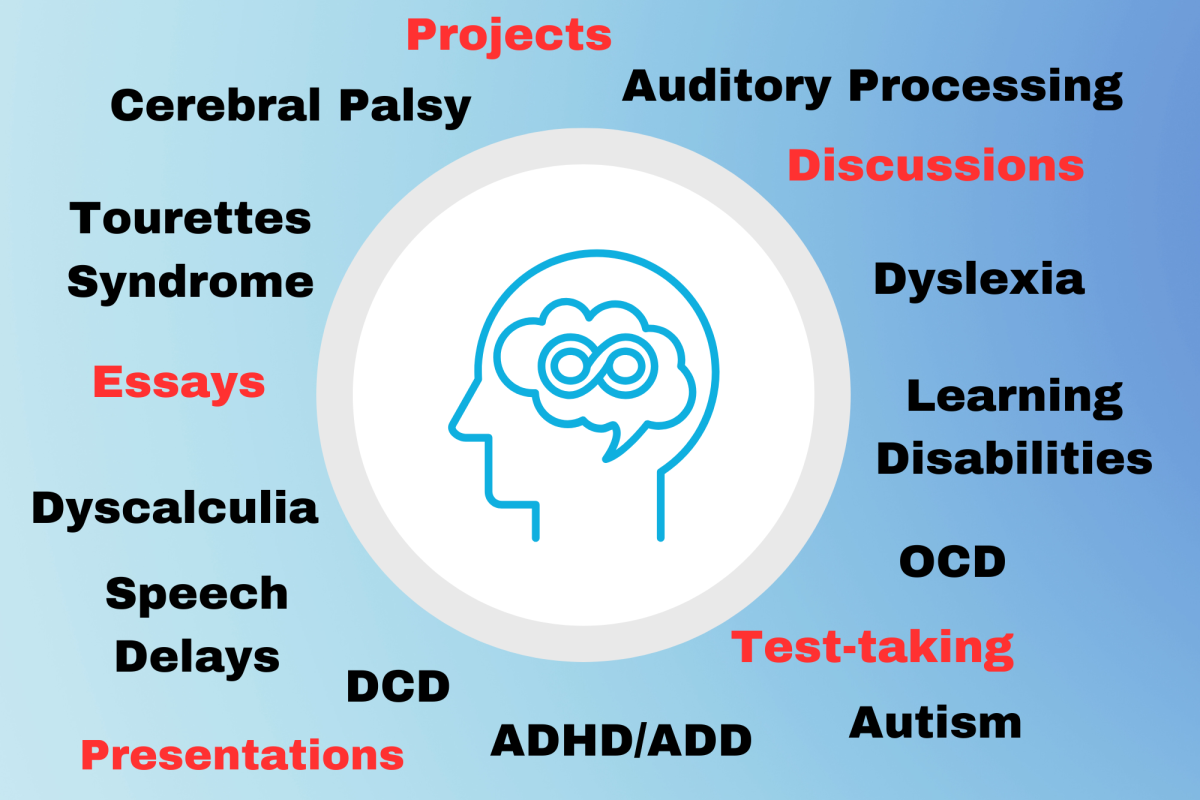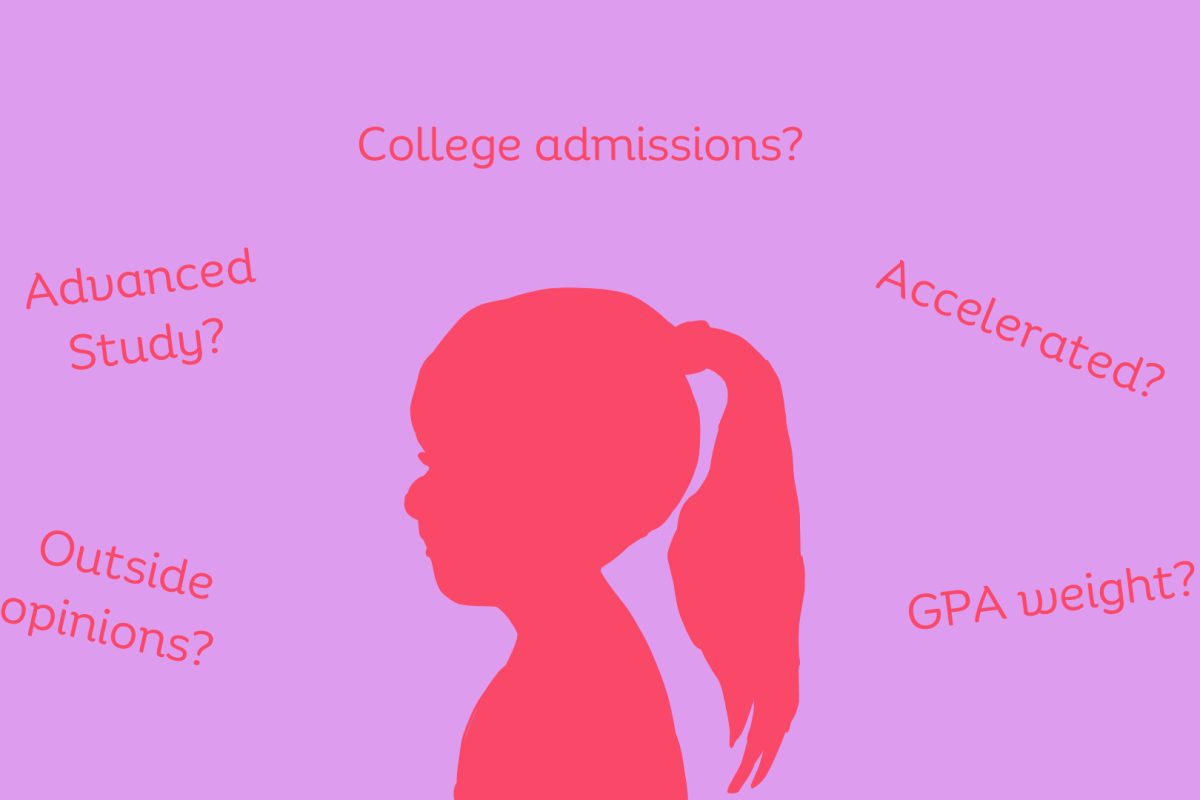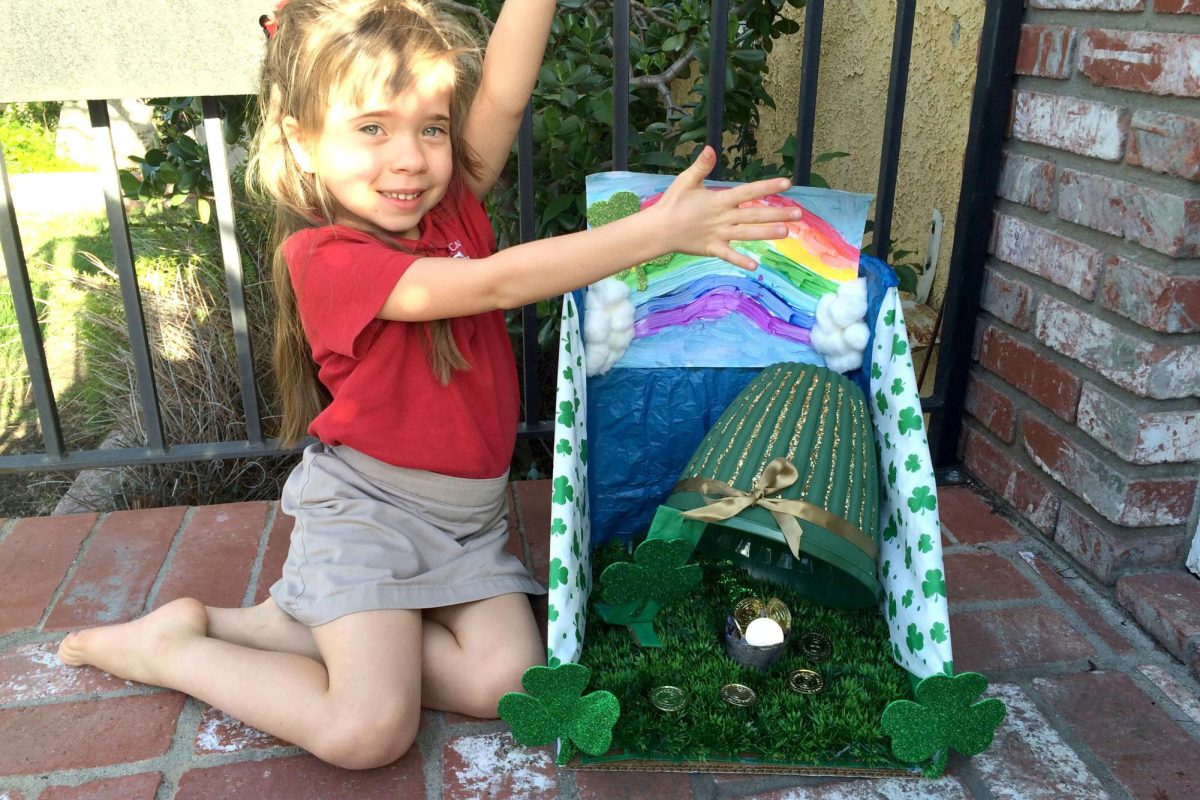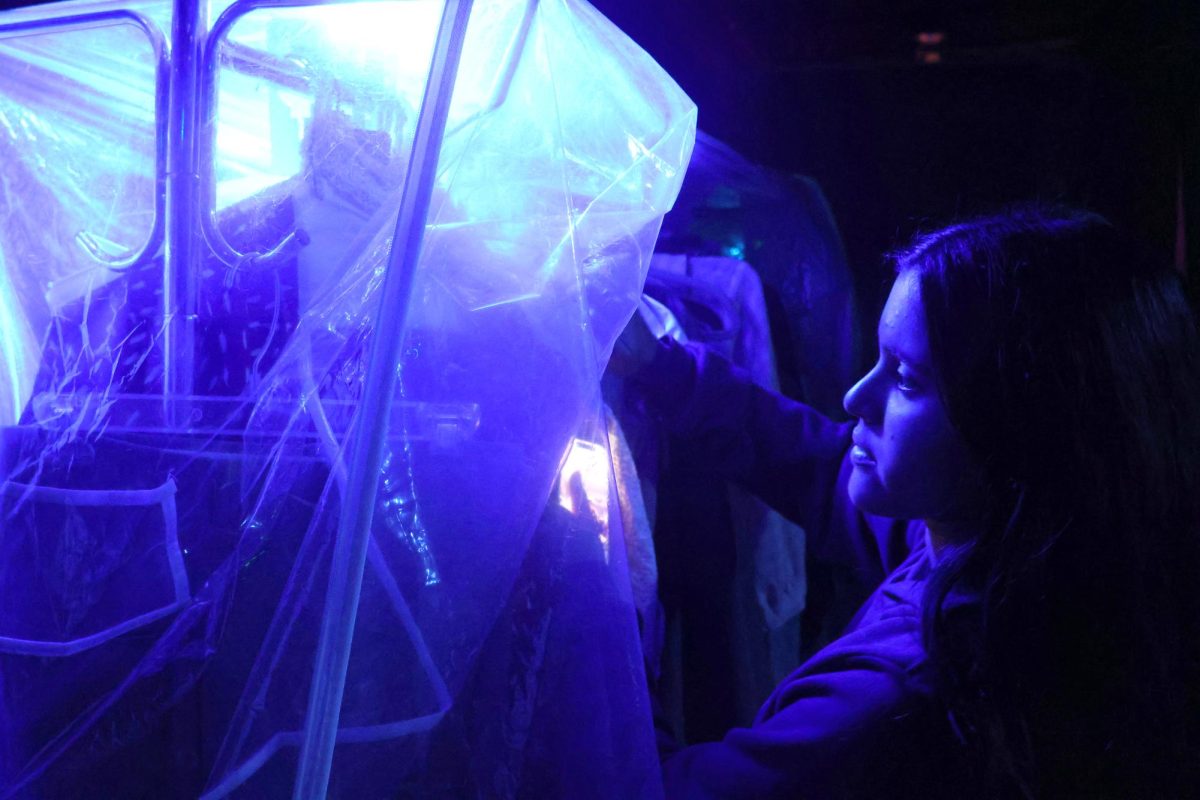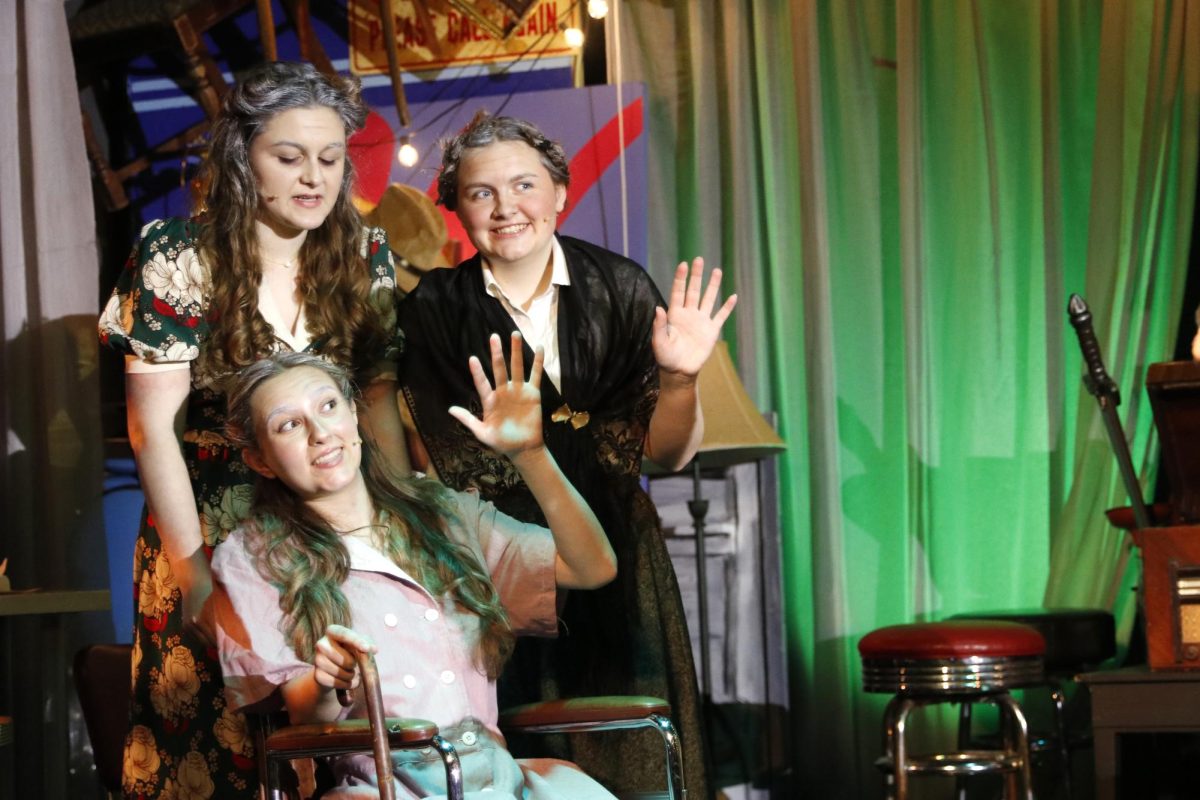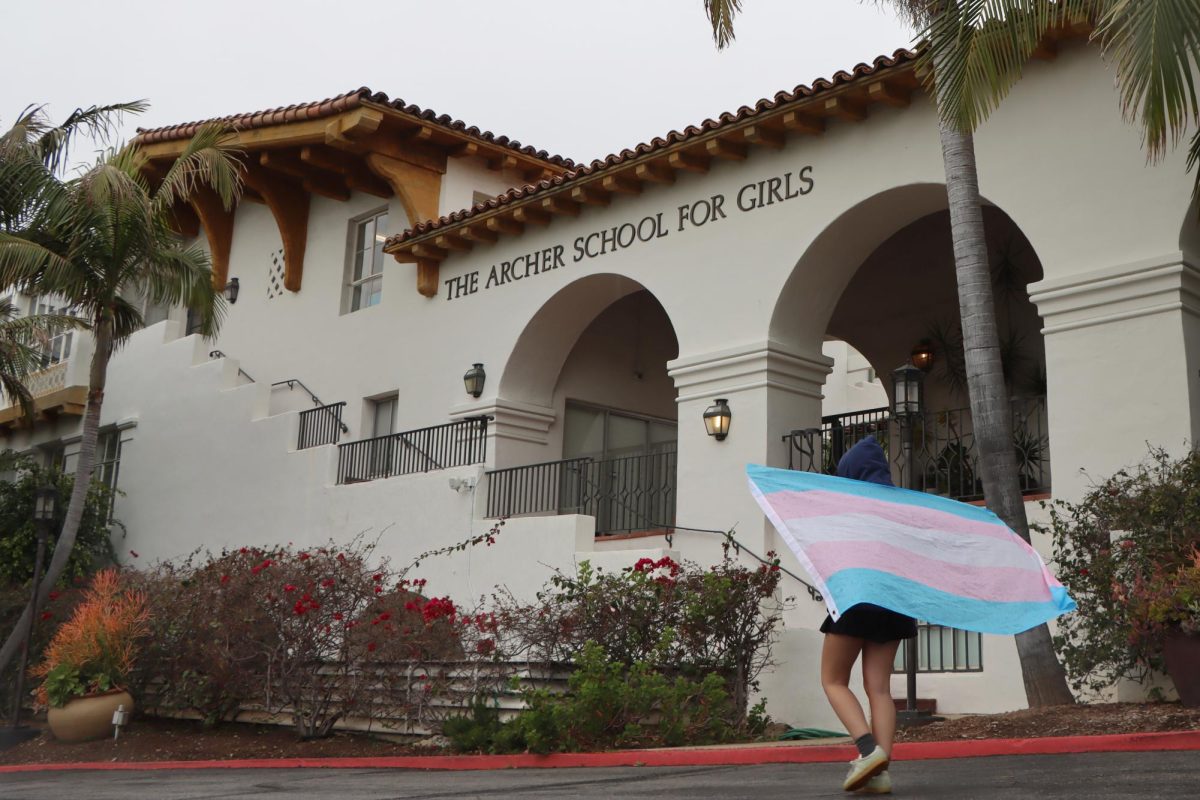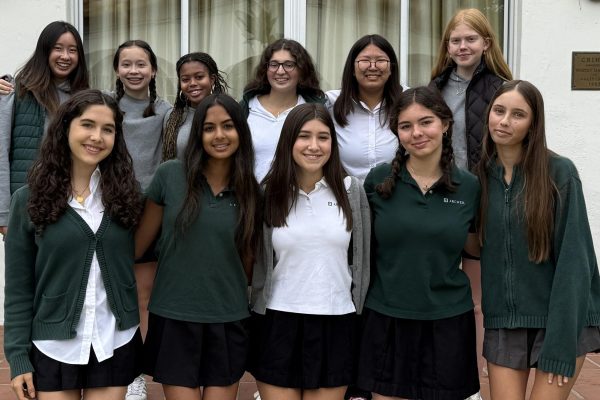After the Palisades fire erupted Jan. 7, Archer closed its doors due to the fire’s proximity to campus and reopened Jan. 21. Four other major wildfires also occurred during this time, with the Eaton and Hughes fires being the largest. The Palisades fire was fully contained Jan. 31. Aware that students were impacted by the fires, Archer’s administration quickly determined that the school should adopt an individualized approach when supporting students and community members.
Throughout its closure, Archer prioritized the safety and well-being of students and faculty. Head of School Elizabeth English sent a schoolwide update regarding school closure and the fires Jan. 8. English said due to the unsafe environment and the displacement of families impacted by the fire, school would be canceled Jan. 8-10. As the fires grew, school was remote until Jan. 17.
Upper School Director Maggie Cenan, Middle School Director Reed Farley and other members of the Archer administration emphasized the importance of adopting supportive policies for students, such as making all classwork enrichment opportunities instead of required assignments. In practice, this decision benefited students who had the bandwidth to set their own pace when doing school work. This decision also gave time for impacted faculty members to focus on personal circumstances as it gave them more flexibility when planning lessons.
Cenan and Farley reiterated that attendance for Zoom classes and completing schoolwork was optional. Through attempts to best accommodate the student, Archer successfully demonstrated its commitment to meeting everyone’s needs while also providing grace and flexibility around students’ school requirements. Since affected students did not have to worry about catching up on schoolwork, they could instead prioritize their health and safety.
“If you are unable to access Zoom, Canvas, or feel overwhelmed, please do not worry. Your teachers will be flexible and all material will be covered once we return to campus,” Cenan and Farley wrote in an email Jan. 9. “We are here to support you. You will not fall behind in your coursework.”
For those who lost their homes, Archer offered openings for the school community to support one another. Students and their families could sign up on a Google Sheet to offer spare rooms and amenities. Instead of being left to navigate the pressing task of finding suitable accommodations by themselves, Archer ensured student networks were set up to help as many impacted students as possible, despite being limited to online means. For those who had access to the internet, students could witness the widespread support from the Archer community, making the return to school seem all the more hopeful.
School counselors Erica Greene and Lauren Carrington sent a schoolwide email Jan. 9 that expressed how students could schedule individual appointments over Zoom to discuss their mental health and how they have been impacted by the fires. The school counselors also reached out to affected families individually to offer one-on-one support. During a difficult and dangerous few weeks of January, the counselors stepped up to prioritize the mental health of community members. This outreach not only conveys Archer’s care but also conveyed to students that not all aid had to be physical.
The Archer administration did research at the state and national level to put the safety of students above all else and ease the fear many community members faced when returning to school. While students could have been left to grapple with feelings of anxiety and uncertainty in the aftermath of the fires, Archer’s support continuously extended beyond online means. At school, students didn’t have to worry as much about personal health and safety, as the school installed air purifiers and HVAC filters in classrooms, power-washed outdoor spaces and provided bottled water and N95 masks.
Through the unwavering support of faculty and administration, students did not have to face the impacts of the fires alone. With experience and knowledge from online learning through COVID-19, teachers were able to more effectively plan asynchronous lessons. Deans and mentors offered spaces where students could connect with one another over Zoom during a time of difficulty. The administration mapped out pathways for students to better navigate the process of online learning and offered various support systems for students. Staff ensured students could return to Archer’s campus feeling safe and ready to learn.
In the midst of a turbulent political climate and intense polarization, the occurrence of the fires was a devastating event that affected many members of our community. As we continue to attend school in person and engage with our school community, it is vital for us to give thanks to Archer for supporting us in the past to pave a path into the present. We must remember Archer’s support served as a touchpoint for students to realize that there are ways for schools to make a positive impact during hardship.
So thank you, Archer, for helping us get through the fires together.



